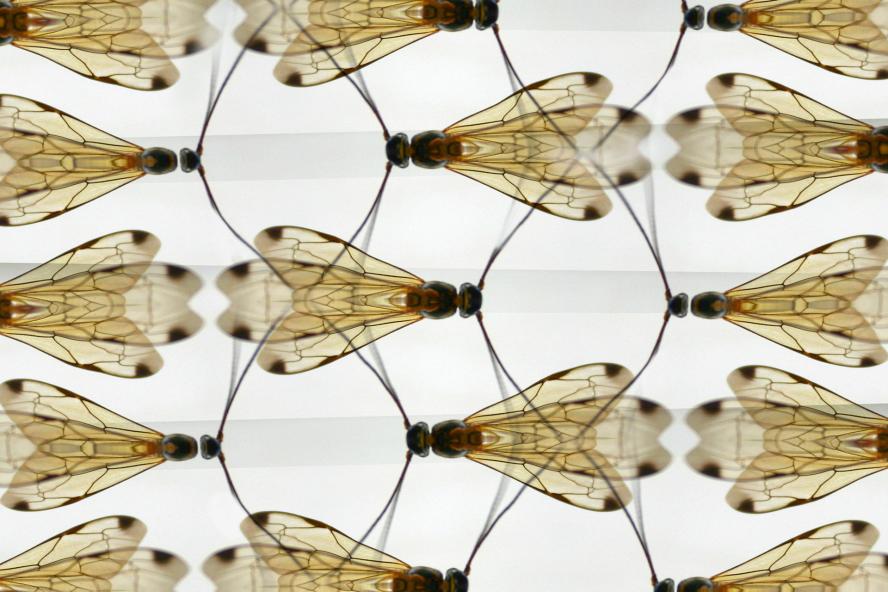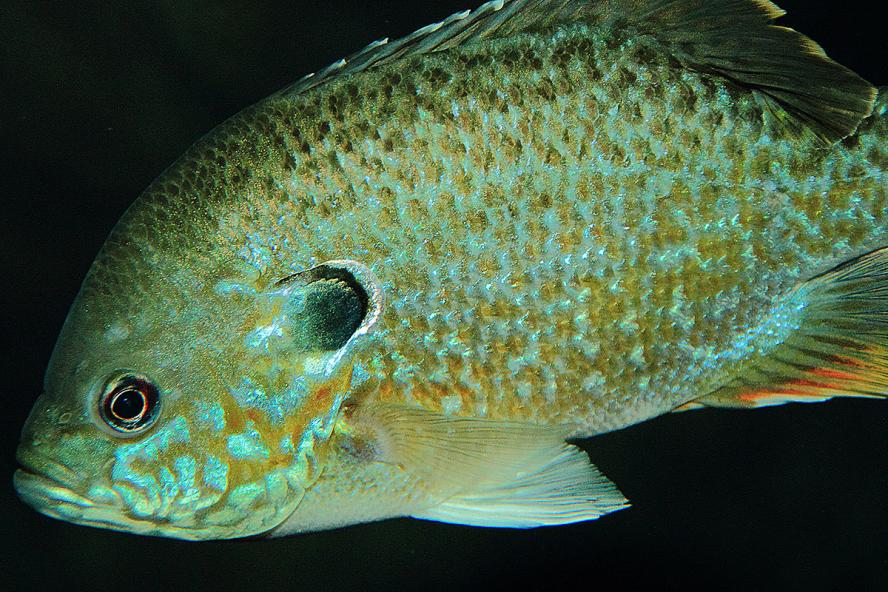
The McVey Lab
Principal Investigator: Mitch McVey
Location: 200 Boston Ave., Suite 4700
The focus of this concentration is research on learning and instruction specific to the discipline of biology at the undergraduate and graduate levels. Researchers in this group study how students learn biological concepts and practices, the development of disciplinary identities and values, the influence of curriculum and instruction on learning, and the intersection between biology learning and issues of equity and social justice. Research in this concentration involves collaboration between education researchers and faculty in the Biology Department. Sites of study include biology lecture or lab courses or sites of biology learning outside of classroom contexts.
Julia Svoboda
Mitch McVey
Eric Tytell
Lawrence Uricchio
Ben Wolfe
Our general philosophy regarding coursework is that you take only classes that you need to pick up skills that are important to your research. The basic requirements for the first two years of the Ph.D. program are described below. Optional coursework will include courses in Biology and in Education as relevant and appropriate. Examples of optional courses are listed below, but ultimately, the decision about what additional elective classes to take will be up to you and your committee.

Principal Investigator: Mitch McVey
Location: 200 Boston Ave., Suite 4700

Principal Investigator: Eric Tytell
Location: 200 Boston Ave., Suite 4800

Principal Investigator: Lawrence Uricchio
Location: Tsungming Tu Complex, 2nd floor

Principal Investigator: Benjamin Wolfe
Location: 200 Boston Ave.